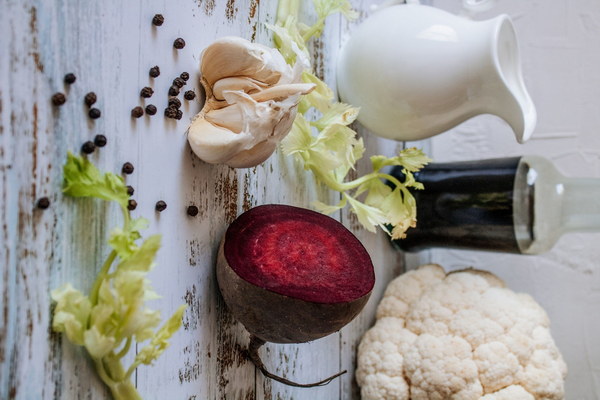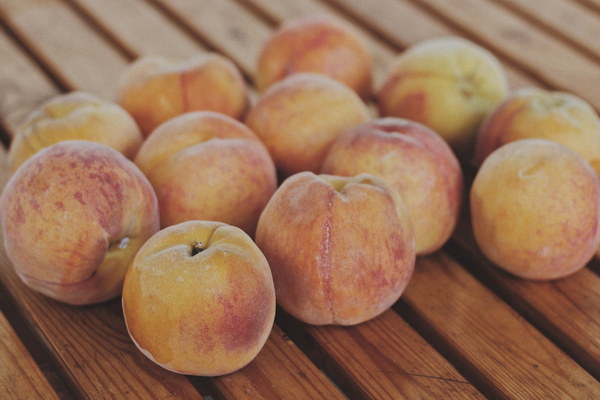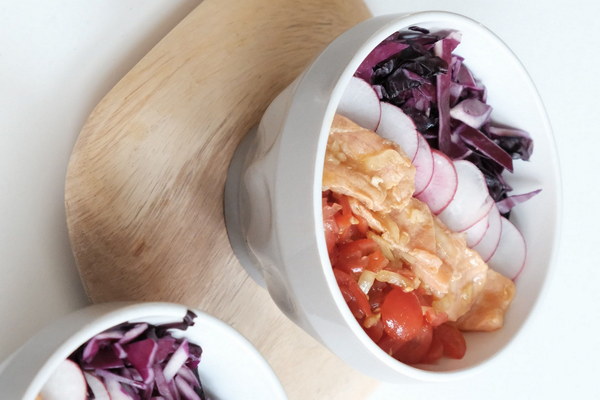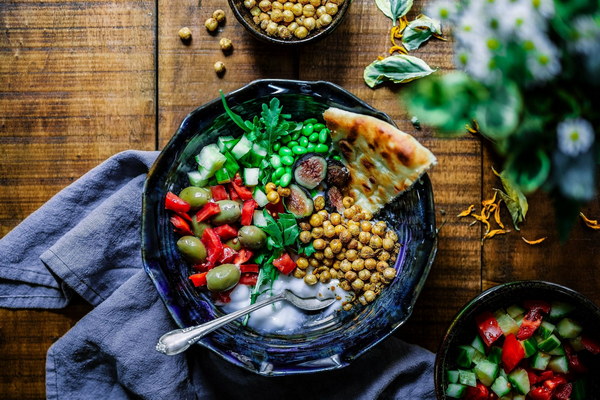Resveratrol Unveiling the Secret to Anti-Aging and Longevity
In the quest for eternal youth, scientists have been on the constant lookout for substances that can help slow down the aging process. One such substance that has been gaining considerable attention is resveratrol. Derived from grapes, resveratrol is believed to possess remarkable anti-aging properties. This article delves into the science behind resveratrol and how it can help you age gracefully.
Resveratrol, a compound found in red wine, is also present in grapes, berries, and peanuts. It has been the subject of extensive research, primarily due to its potential benefits in preventing age-related diseases and extending lifespan. The anti-aging properties of resveratrol can be attributed to its ability to mimic the effects of calorie restriction, a well-known anti-aging strategy.

One of the key mechanisms by which resveratrol promotes longevity is by activating sirtuins, a group of proteins that play a crucial role in regulating cellular processes. Sirtuins help maintain genomic stability, modulate inflammatory responses, and regulate metabolism. By activating sirtuins, resveratrol can enhance cellular health and reduce the risk of age-related diseases.
Another way resveratrol contributes to anti-aging is by increasing the production of mitochondria, the powerhouse of the cell. As we age, our mitochondria become less efficient, leading to cellular dysfunction and aging. Resveratrol, however, can boost the number of mitochondria, thereby improving energy production and cellular health.
In addition to activating sirtuins and increasing mitochondria, resveratrol also possesses antioxidant properties. Antioxidants help neutralize harmful free radicals, which are unstable molecules that can damage cells and accelerate the aging process. By scavenging free radicals, resveratrol can protect cells from oxidative stress and reduce the risk of chronic diseases.
Furthermore, resveratrol has been shown to have anti-inflammatory effects. Chronic inflammation is a significant contributor to aging and age-related diseases. By reducing inflammation, resveratrol can help maintain cellular health and reduce the risk of various conditions, such as heart disease, diabetes, and neurodegenerative disorders.
To harness the anti-aging benefits of resveratrol, it is essential to incorporate it into your diet and lifestyle. Consuming foods rich in resveratrol, such as red wine, grapes, berries, and peanuts, can be beneficial. However, it is important to note that the amount of resveratrol present in these foods is relatively low, and excessive alcohol consumption can have detrimental effects on health.
Supplementing with resveratrol is another way to increase your intake of this powerful compound. Resveratrol supplements are available in various forms, including capsules, powders, and extracts. When choosing a supplement, it is crucial to opt for high-quality products with a standardized concentration of resveratrol.
In addition to dietary and supplement sources, incorporating physical activity and stress management techniques into your daily routine can also help enhance the benefits of resveratrol. Regular exercise, meditation, and yoga can improve overall health and promote longevity.
In conclusion, resveratrol is a remarkable compound with potent anti-aging properties. By activating sirtuins, increasing mitochondria, and providing antioxidant and anti-inflammatory effects, resveratrol can help you age gracefully. To fully reap the benefits of resveratrol, it is important to incorporate it into your diet, consider supplementing with high-quality resveratrol products, and maintain a healthy lifestyle. With resveratrol by your side, you can embark on a journey towards eternal youth and extended lifespan.









